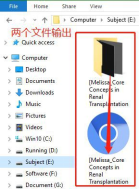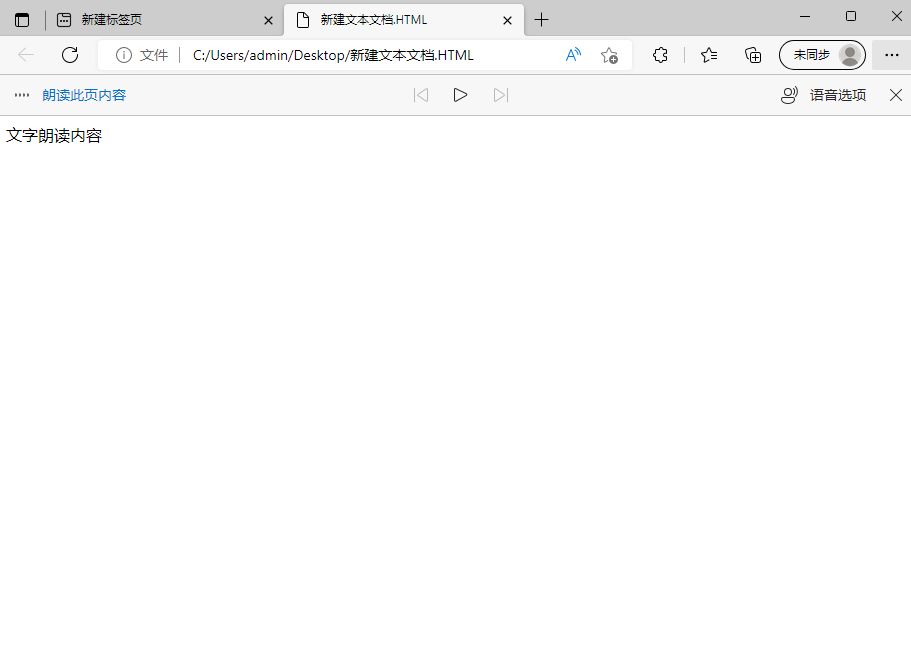 php英文文献翻译及参考文献
php英文文献翻译及参考文献
php 英文文献翻译及参考文献 PHP is a scripting language originally designed for producing dynamic web pages. It has evolved to include a command line interface capability and can be used in standalone graphical applications. While PHP was originally created by Rasmus Lerdorf in 1995, the main implementation of PHP is now produced by The PHP Group and serves as the de facto standard for PHP as there is no al specification. PHP is free software released under the PHP License, however it is incompatible with the GNU General Public License (GPL), due to restrictions on the usage of the term PHP. PHP is a widely-used general-purpose scripting language that is especially suited for web development and can be embedded into HTML. It generally runs on a web server, taking PHP code as its and creating web pages as output. It can be million websites and 1 million web servers. PHP originally stood for Personal Home Page. It began in 1994 as a set of Common Gateway Interface binaries written in the C programming language by the Danish/Greenlandic programmer Rasmus Lerdorf. Lerdorf initially created these Personal Home Page Tools to replace a small set of Perl scripts he had been using to maintain his personal homepage. The tools were used to per tasks such as displaying his résumé and recording how much traffic his page was receiving. He combined these binaries with his Interpreter to create PHP/FI, which had more functionality. PHP/FI included a larger implementation for the C programming language and could communicate with databases, enabling the building of simple, dynamic web applications. Lerdorf released PHP publicly on June 8, 1995 to accelerate bug location and improve the code.This release was named PHP version 2 and already had the basic functionality that PHP has today. This included Perl-like variables, handling, and the ability to embed HTML. The syntax was similar to Perl but was more limited, simpler, and less consistent. Zeev Suraski and Andi Gutmans, two Israeli developers at the Technion IIT, rewrote the parser in 1997 and ed the base of PHP 3, changing the language s name to the recursive initialism PHP: Hypertext Preprocessor. The development team officially released PHP/FI 2 in November 1997 after months of beta testing. Afterwards, public testing of PHP 3 began, and the official launch came in June 1998. Suraski and Gutmans then started a new rewrite of PHP s core, producing the Zend Engine in 1999. They also founded Zend Technologies in Ramat Gan, Israel. On May 22, 2000, PHP 4, powered by the Zend Engine 1.0, was released. On July 13, 2004, PHP 5 was released, powered by the new Zend Engine II. PHP 5 included new features such as improved support for object-oriented programming, the PHP Data Objects extension (which defines a lightweight and consistent interface for accessing databases), and numerous perance enhancements. The most recent update released by The PHP Group is for the older PHP version 4 code branch. A

















